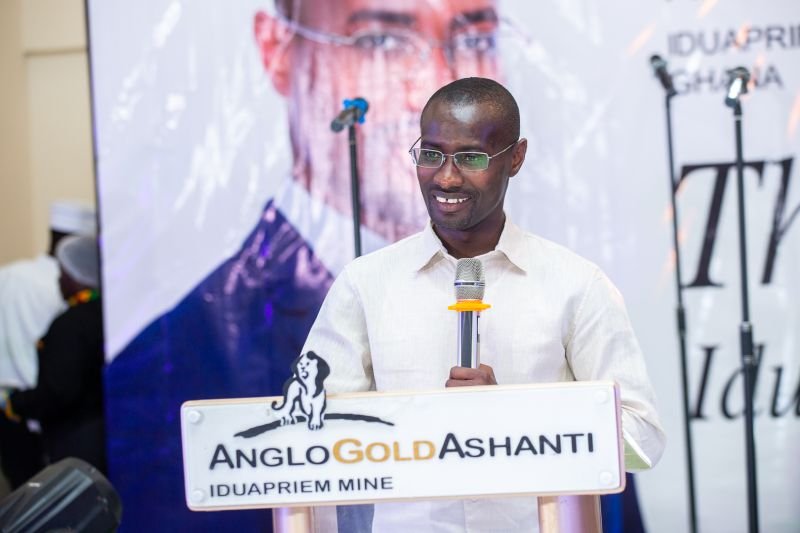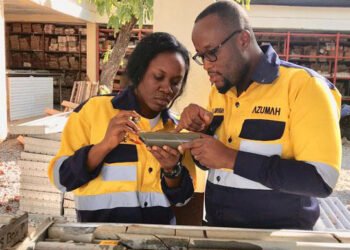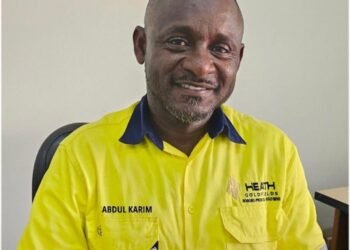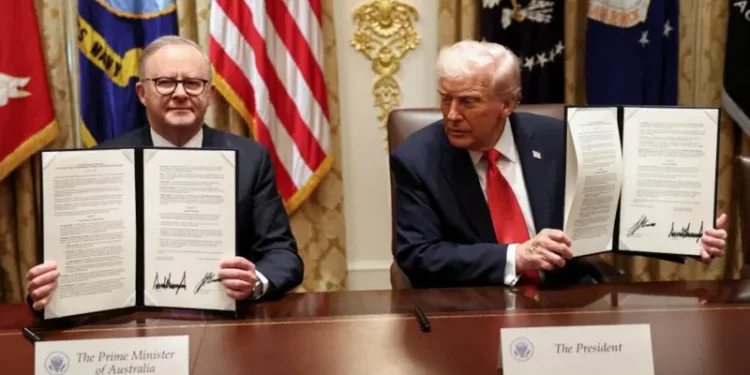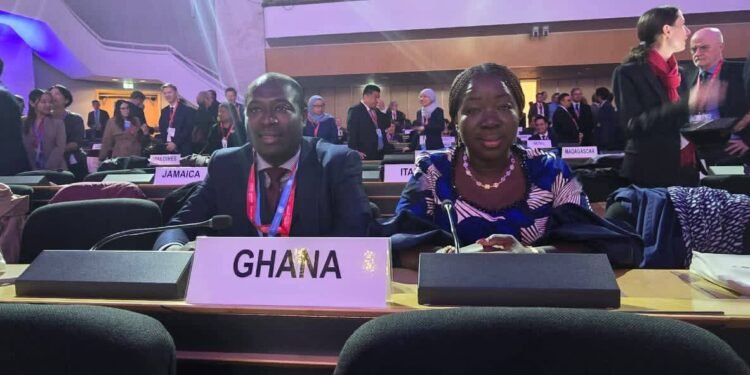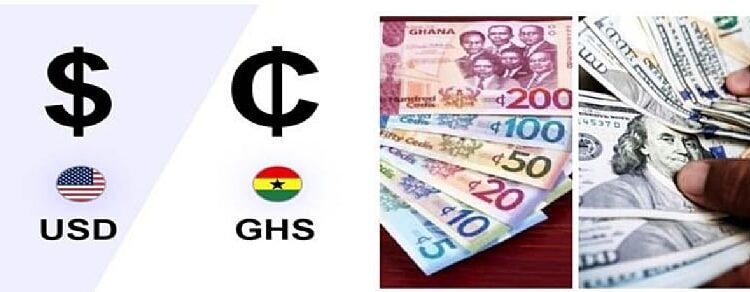Managing Director of AngloGold Ashanti Obuasi Mine, Ing. Samuel Boakye Pobee, has issued a strong call for Ghana to radically rethink its approach to mineral resource governance, warning that the country’s wealth in the ground has not translated into prosperity above it.
Delivering the keynote at the ALUMaT Lecture in Tarkwa, Ing. Pobee challenged policymakers, industry leaders, and academia to embrace bold reforms that will ensure Ghana’s mineral endowments fuel long-term development rather than short-term export gains.
Ing. Pobee declared, “We are rich underground, but poor above ground,” capturing the paradox that has long defined Ghana’s mining sector.
He noted that while the nation has enjoyed decades of mineral production, from gold to manganese and bauxite, the benefits have often failed to transform local communities or catalyze industrial growth.
To break this cycle, the AngloGold executive outlined a Build–Borrow–Buy Framework, which he described as a practical blueprint for Ghana’s transformation.
Under the Build pillar, Pobee urged heavy investment in education and research, particularly in mining innovation and sustainability.
“We must build capabilities internally by strengthening institutions like the University of Mines and Technology (UMaT), establishing R&D hubs, and creating training schools in mining communities such as Obuasi and Tarkwa.”
Ing. Samuel Boakye Pobee, Managing Director of AngloGold Ashanti Obuasi Mine
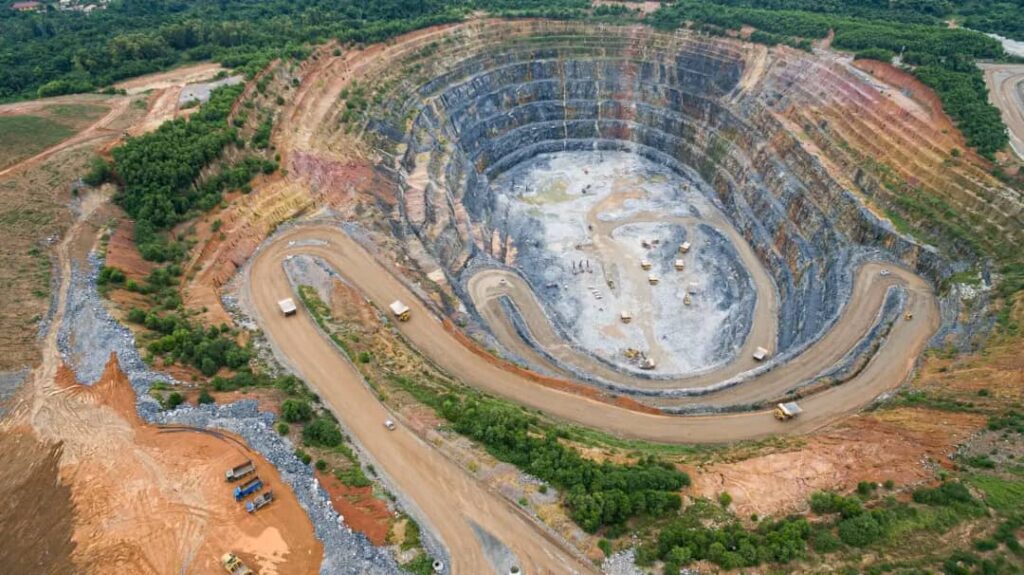
This, he argued, would empower Ghanaians with the skills needed to drive the industry forward.
The Borrow element of the framework calls for Ghana to leverage international expertise through joint ventures and partnerships with original equipment manufacturers (OEMs).
Such collaborations, he explained, would facilitate technology transfer and enhance the capacity of local suppliers, ensuring that Ghanaian firms become more competitive players in the mining value chain.
The Buy component, meanwhile, emphasizes ownership. Ing. Pobee proposed that Ghana use its pension funds and sovereign wealth mechanisms to secure greater equity in mining ventures.
“This is how we retain more revenue, expand local content participation, and channel our natural resource wealth into education, infrastructure, and innovation.”
Ing. Samuel Boakye Pobee, Managing Director of AngloGold Ashanti Obuasi Mine
Against Wholesale Nationalisation

While some have advocated for nationalising Ghana’s mines as a way to reclaim greater control, Pobee cautioned against what he termed a “mixed-bag solution.”
He pointed to global experiences where nationalisation produced short-term gains but often led to inefficiency, underinvestment, and economic instability.
“Wholesale nationalisation is not the answer. Strategic participation is.
“We must strengthen ownership and equity without scaring away investors or placing unsustainable operational risks on the state.”
Ing. Samuel Boakye Pobee, Managing Director of AngloGold Ashanti Obuasi Mine
He maintained that Ghana could achieve a delicate balance—securing more value for its citizens while still offering a competitive environment for investors.
Ing. Pobee was clear that Ghana’s mining success should no longer be measured by production volumes alone. Instead, he called for a shift in metrics toward broader national impact.
He urged stakeholders to envision a future where Ghana’s mineral resources fuel an industrial renaissance, drive innovation, and create opportunities for young people.
Looking ahead, Pobee challenged Ghana to make its mining story one of transformation by 2045, where the country becomes a global model for balancing resource extraction with sustainable development.
Call to Bold Action
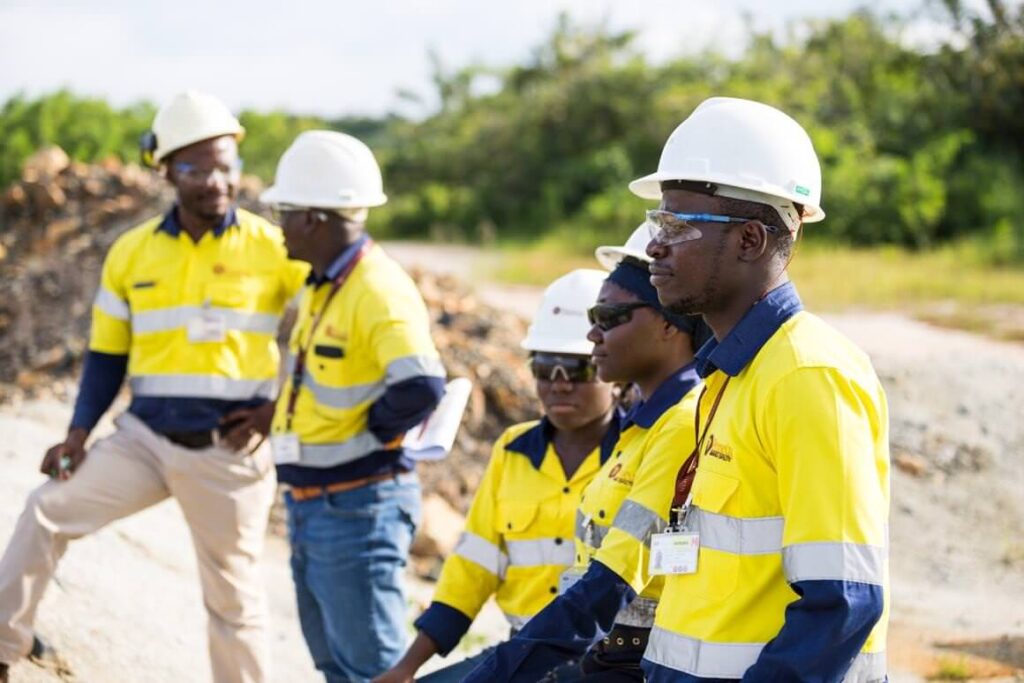
His remarks at the ALUMaT Lecture come at a critical juncture for Ghana’s mining sector. The government is currently reviewing the Minerals and Mining Act, with proposed reforms including shorter lease tenures and revised stability agreements.
Industry leaders, including the Ghana Chamber of Mines, have expressed concerns about investor confidence, while reform advocates argue for stronger state leverage.
Against this backdrop, Pobee’s framework offers a middle path—anchored in innovation, partnerships, and strategic ownership. His vision suggests that Ghana can both protect investor interest and secure more tangible benefits for its people.
As Ghana positions itself as Africa’s top gold producer and a hub for mining investment, his words serve as a reminder that mineral wealth must translate into national wealth.
READ ALSO: A Smart Move to Save the Cedi – Women in Forex Ghana Prez Hails BoG Directive



